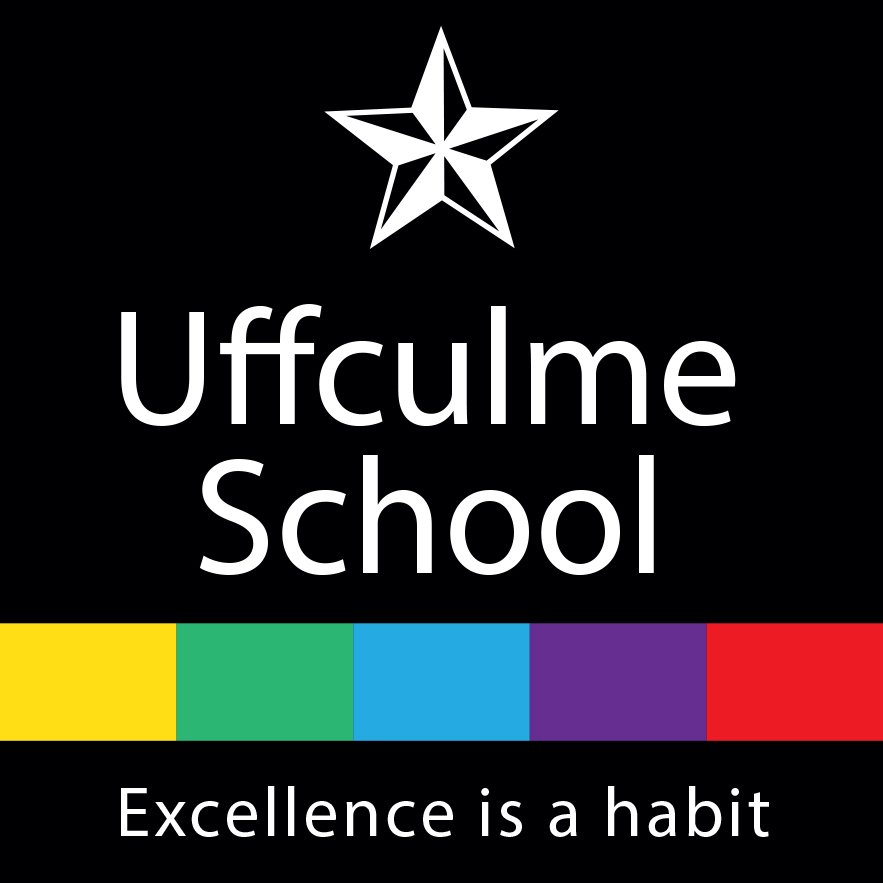
SEND
At Uffculme School, the inclusion of all students is a priority.
The SEND Team is instrumental in ensuring that all students feel included at Uffculme School.
We all know that we work, play and generally perform better when we feel part of a community, and especially part of a community that cares about us. We pride ourselves at Uffculme School on having built such a community.
All staff at Uffculme School prioritise the wellbeing of students, they are at the very heart of every decision we make and action we take. For us, inclusion is something that happens both in and out of the classroom, every single day.
The SEND Team support students and teachers in classrooms, as well as providing interventions for those who need extra help because of a particular special educational need or due to a change in life or social circumstance, or a medical issue. We are there for them.
The SEND Vision
It is our aim that every student, regardless of their start or path in life, is:
Welcomed into each classroom and supported to join in with every activity.
Made to feel a part of the Uffculme community from the day they step through the door.
Actively encouraged to make the very best of their time with us in the very best way to suit their unique needs.
The SEND Team
Kasia Dobbinson - Assistant Headteacher (SEND)
Miss Dobbinson is a member of the school’s Senior Leadership Team and is the SENDCo.
She is supported by:
Jessie Jackson - SEN Admin Assistant
Assistant SENDCo’s and SEND Leads
Karen Bendell – Assistant SENDCo (responsible for SEN Assessments and Reviews)
Pam Palmer - SEND Lead (responsible for Access Arrangements and Literacy Interventions)
SEND in Action
The SEND Team ensures that all the areas of need that a child may have are thoroughly investigated and, where needs are identified, they are then supported in an appropriate way, agreed in partnership with the young person, their parents/carers and any relevant partner agencies.
Students are assessed holistically under the four areas of need:
Communication and Interaction
Cognition and Learning
Sensory and Physical
Social, Emotional and Mental Health.
The Team, along with the student, parents/carers and/or partner agencies then decide on the best course of action to support the student.
Interventions include but are not limited to: literacy support; numeracy support; Zones of Regulation to support emotional regulation; key worker one to one time to support organisational skills and wellbeing; technological aids or practical supports; gym programmes; extracurricular activities in areas of interest.
If a student requires an intervention on a long-term basis, that is additional to or different from most of their peers, they will be added to the Special Educational Needs Register.
More detailed information can be found in our Special Educational Needs Policy and Special Educational Needs and Disability Information Report
Other useful information
Related School Documents;
Uffculme School Accessibility Report - See School Policies page
Supporting Students with Medical Conditions Policy - See School Policies page
Children with Health Needs who cannot attend School Policy - See School Policies page
Supporting Students with Medical Conditions Medication Policy - See School Policies page
